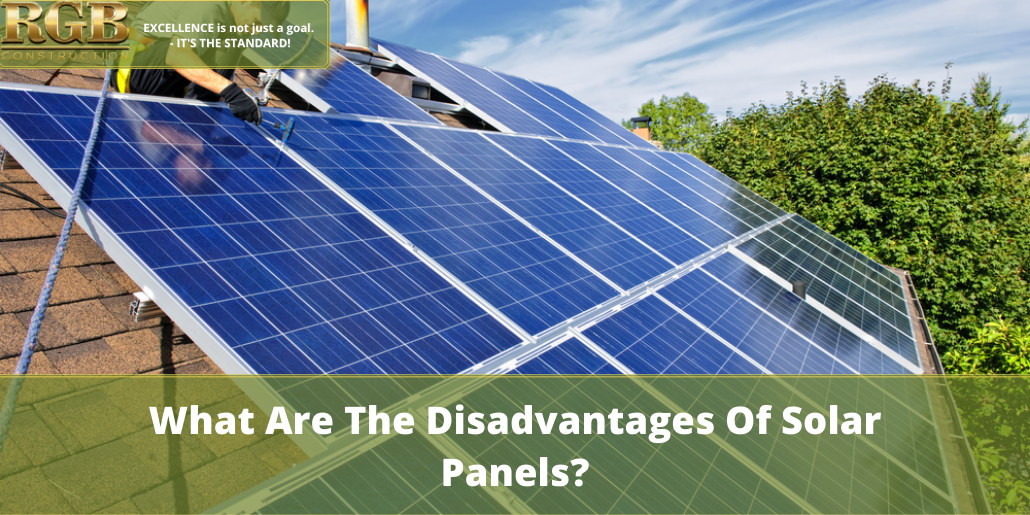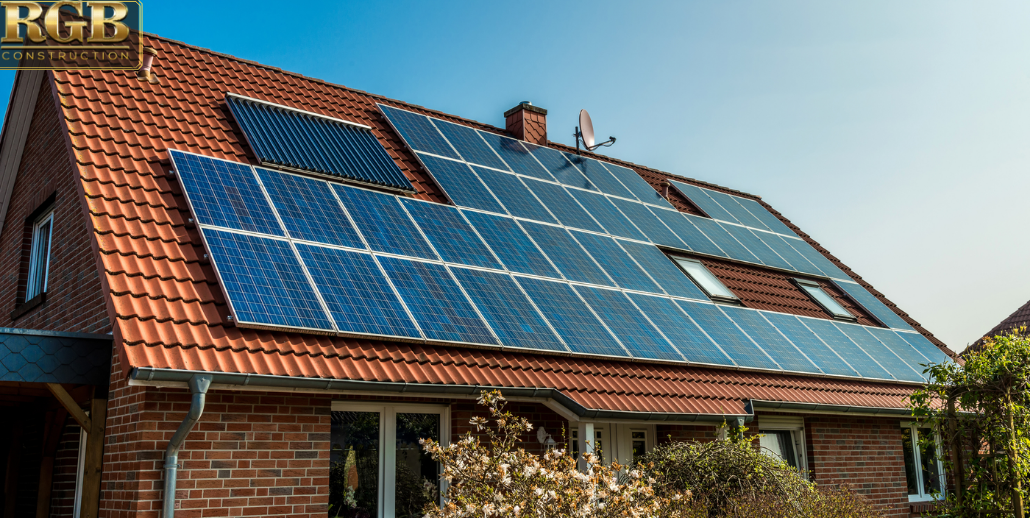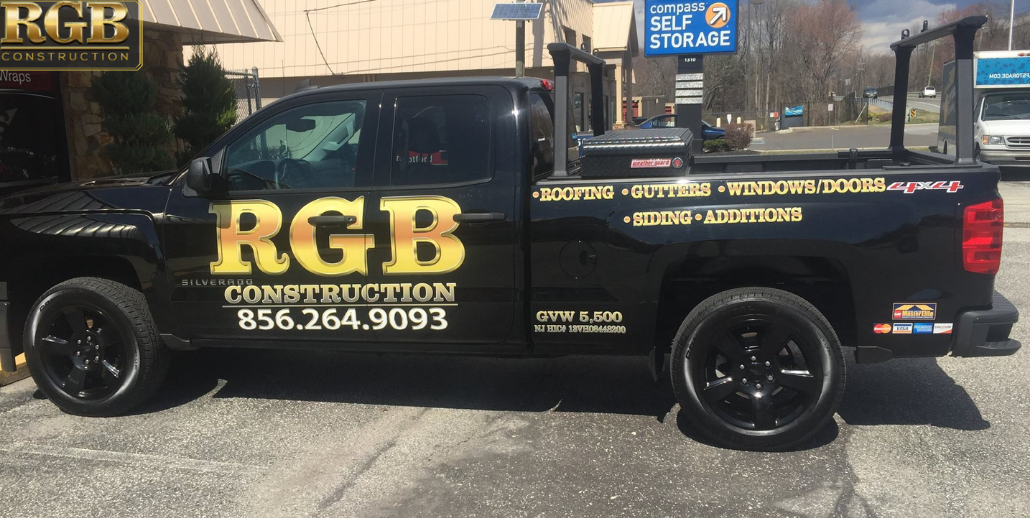Solar energy has always been touted as one of the best alternative energy sources. These systems can help you save money on your home’s energy bills, and they reduce your use of fossil fuels. These panels have plenty of benefits, but there are a couple of disadvantages as well. If you are ready to add these panels to your roof, take a few minutes to understand the drawbacks.
Lack Of Reliability
Natural gas is a reliable energy source. Unfortunately, you cannot always rely on solar power. Those panels need bright sunlight during the day to collect power. They will not work at nighttime. For those living in cloudy climates, these homeowners might not be able to utilize the solar energy system. Without sunlight, the panels cannot collect enough energy to power a home. Some solar panels have a system that uses a battery backup, but those backups use non-renewable energy sources. If you are looking for a strictly eco-friendly option, you may want to reconsider using a solar energy system.
Pollution
Many people purchase a solar energy system because they want an eco-friendly option. While solar energy is renewable, it is not the best choice for the environment. Since solar energy is not always reliable, you will need a backup generator to maintain the energy supply. Some of those systems use fossil fuels to power your home. You might also want to take into consideration that the manufacturing, installation, and maintenance of these panels can produce around 0.18 pounds of CO2 per every kilowatt-hour. These panels are not entirely free from CO2 emissions.
Solar panels do contain toxic metals, such as lead and cadmium. During the manufacturing process, solar panels use hazardous elements, including gallium arsenide, sulfide acid, and hydrochloric acid. Those toxic chemicals can leach into the ground when solar panels are replaced. Recycling is not an option as it is a costly process. According to the International Renewable Energy Agency, solar panels create up to 250,000 metric tons of waste every year.
Large Installation Area
Compared to other energy sources, a solar energy system needs ample space for its panels. For the most part, solar panels can be placed on a home’s roof. The shape or structure of the house can lead to issues for the installation. A few rooftops are not large enough to accommodate these panels. You need a large surface to collect solar energy to meet a typical home’s energy requirements.
Since solar panels need a large installation area, it can also be a problem for those homes in the inner cities or with limited space. Over time, homeowners can expect the panels and batteries to shrink in size. With that news, space might not be a disadvantage for solar panels in the future. For now, it still remains a major concern.
Expensive Energy Source
The cost of the installation can be a huge disadvantage for many homeowners. Along with that, energy storage costs are adding to those expenses. Since solar panels need rare materials, the prices have risen over the years. Government rebates and subsidies can reduce some of those costs. Even those batteries that collect the energy are not under warranty, leading to high prices when they need to be replaced.
Dependent On Weather
As you may have guessed, you cannot convert solar energy during cloudy or rainy days. Solar panels are dependent on sunlight to function. The system’s efficiency is reduced on those days with inclement weather. If you live in an area with little sunshine, solar panels might not be a great choice. Even the time of the year can affect the system’s production. In the winter, the days are cloudier than those bright summer days. With that, the panels cannot collect enough energy to power a home.
Short Lifespan Of Solar Panels
Under the ideal circumstances, you can expect a solar panel system to last for about 35 years. However, most systems will have a lifespan of 25 years. In fact, most solar panel manufacturers have a 25-year warranty on their panels and other components. When you have a solar panel, the system’s power output drops by 0.5% per year. In addition to that, the large surface area of the solar panels is susceptible to damage. Snow, wind, and other types of weather elements can lead to the degradation of the panels. When the panel’s silicon cracks, it can cause problems with the electrical connections. If you want to have your panels last for several decades, make sure to schedule frequent maintenance visits for them. Don’t forget to hire a professional to clean them at least once a year.
Final Thoughts
Unfortunately, there are some disadvantages to solar panels. In some cases, solar energy is unreliable and inefficient. While the cost of a solar panel system may be reduced over the next few years, these current prices make it unaffordable for many homeowners. Plus, these systems are not the ideal option for those homes that want a truly eco-friendly option.
Despite all of this, solar panels will help reduce the energy bills for an average house. Solar power remains an excellent way to power your home. There are also plenty of professionals who have experience installing and maintaining these systems. Homeowners can reduce the costs of the system by taking advantage of government rebates and subsidies. For most homeowners, the benefits outweigh the disadvantages. Some of these drawbacks might not be enough to affect your decision. Solar power is still the preferred choice for alternative energy. As a homeowner, you have to decide whether solar panels are a good choice for your home or if you should look at other options.
We’re Here for All Your Roofing Needs
At RGB Construction, we can walk you through all of those roofing options. Our team can even check out your home’s roof to see if it can handle the weight of a solar panel system. If you are ready to improve the look of your home or want to install a new structure, reach out to our office. You can schedule a consultation by calling 856-264-9093.









